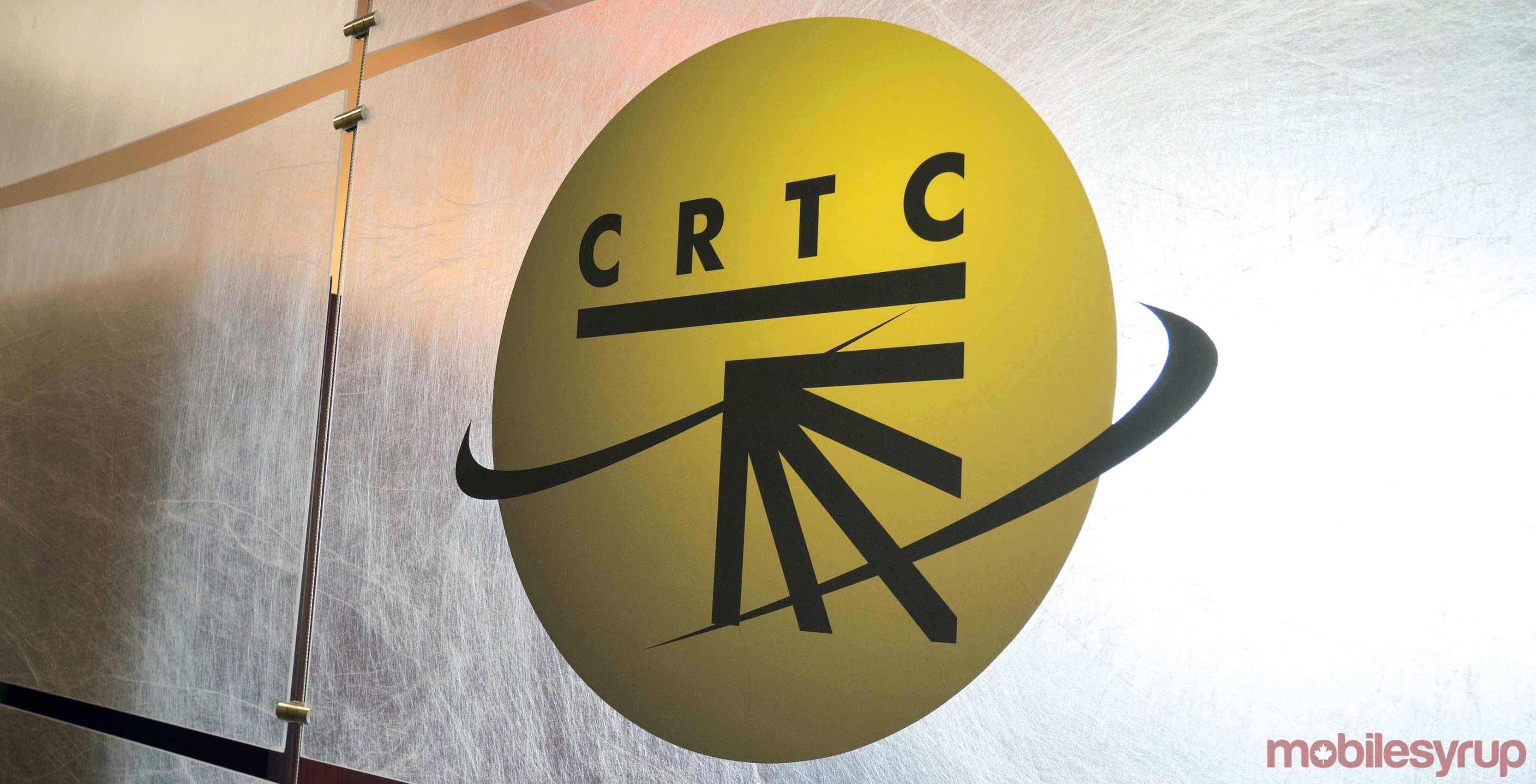
The Canadian Radio-television and Telecommunications Commission (CRTC) granted Iristel an expedited interim relief from Telus’ “illegal and deliberate conduct” of dropping calls from Telus end users to Iristel users.
The CRTC said in a November 23rd, 2018 decision that it is providing interim relief so services are not interrupted for users.
The decision is granted in part and “directs” Telus to ensure calls from its end-users to Iristel’s end users in the 867 NPA, or calls that transit through Telus’ network and end on Iristel’s network in that location “reach Iristel’s network so that they can be consistently terminated correctly.”
Telus must file a report with the CRTC “confirming compliance with this directive and detailing the measures” taken.
The CRTC said both actions must be completed within 10 calendar days and added that it will consider “the appropriateness of imposing administrative monetary penalties.”
This decision comes months after Iristel filed a petition with the CRTC on August 7th, 2018 to grant interim relief after finding out (after extensive testing) that calls from Telus’ network made to Iristel numbers were being redirected to automated record and not being connected.
According to Iristel, the issues had been ongoing since about May 29th, 2018.
Samer Bishay, Iristel’s CEO, said in a phone call with MobileSyrup on November 26th, 2018 that he was happy with the decision and that even though the CRTC is still looking into Telus’ allegations that Iristel practising in traffic stimulation in northern Canada, it shouldn’t purposefully drop calls.
“Irrelevant of what the outcome of what the CRTC finds, it still did not warrant what Telus achieved or did by such a heavy hand and approach on blocking channels and having Canadians caught in the crossfire,” Bishay said.
Telus said in an email response to MobileSyrup that it did not block calls to or from Ice Wireless customers.
A Telus spokesperson said: “However, out of an abundance of caution despite Iristel artificially stimulating call traffic, we have already taken steps to reduce the congestion being caused by Iristel’s actions.”
Telus said that because of this it is calling on the CRTC to “expeditiously address” Iristel’s “misconduct.”
“It’s important to note that in this decision, the CRTC accepted that there is sufficient evidence to warrant further investigation into Iristel’s involvement in traffic stimulation, an illegal activity for which the CRTC has previously disciplined the company. The Commission also granted our request regarding Iristel’s rate for call termination.”
CRTC still reviewing Telus’ accusations
The CRTC added that while it is still looking into both applications submitted by Telus and Iristel, “issues of calls not being completed need to be addressed in an expeditious manner.”
It added that the CRTC still has to determine whether Iristel is involved in traffic stimulation and “whether Iristel’s current tariffed rate for long distance call termination in the North remains just and reasonable.”
Bishay said that Iristel was not involved in Telus’ accusations of traffic stimulation.
“Iristel is not doing any of the accusations that [Telus] are accusing us of, irrelevant of if they are right even, it still does not warrant Telus’ actions are. It’s two different things,” Bishay said.
Telus vs. Iristel on traffic stimulation
Telus, Canada’s third-largest telecom service provider, called the CRTC to investigate Iristel, accusing it of traffic stimulation.
Traffic stimulation refers to the practice by which carriers inflate the total number of calls — or the total number of minutes of calls — beyond what the CRTC calls an anticipated threshold. Carriers can be said to be engaging in traffic stimulation when the actual volume of calls exceeds the expected volume of calls.
Telus submitted a formal investigation on August 3rd, 2018 to the CRTC to investigate traffic stimulation in Iristel’s incumbent territory.
In Telus’ filing, the carrier said after an internal investigation it found that “frequently-called number or numbers with unusually long hold times revealed that many numbers connect to conference bridges and listen-only services.”
Telus said those certain numbers connected included conference calling services, as well as services like Lyft, which currently operates in Ontario and listen-only audio programs like Punjabi Radio USA. It said that Iristel should establish a new rate for long-distance calls to customers in the north, as well as make it possible to retroactively pay any potential new rate.
Update 26/11/2018 7:10pm ET: Story updated with a response from Telus.
MobileSyrup may earn a commission from purchases made via our links, which helps fund the journalism we provide free on our website. These links do not influence our editorial content. Support us here.


